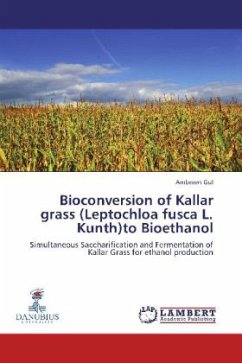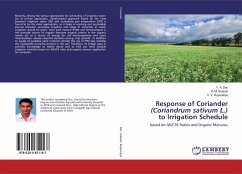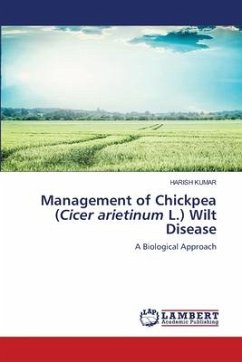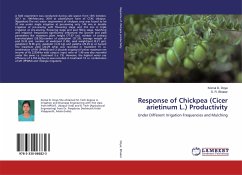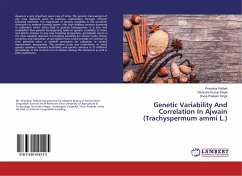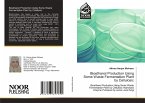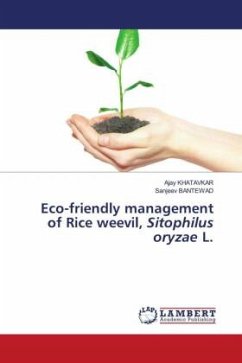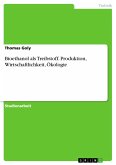Kallar grass is a salt-tolerant grass. The cultivation of this grass in salt-affected areas can effectively eradicate the soil salinity and improve its quality. In Pakistan, 6.2 million ha land is salt-affected which is about 30% of agriculture land. The vast area of salt-affected wasteland available can be cultivated for fuel energy crops like Kallar grass. In lieu of the international food crisis, the bioconversion of Kallar grass to ethanol is very attractive approach, both in terms of utilization of this grass as a biofuel feedstock to meet the global energy demand and for eradication of soil salinity. This study is focused on the optimization of Simultaneous Saccharification and Fermentation process to produce ethanol. Fermentative production of ethanol from this grass can be very cost-effective.
